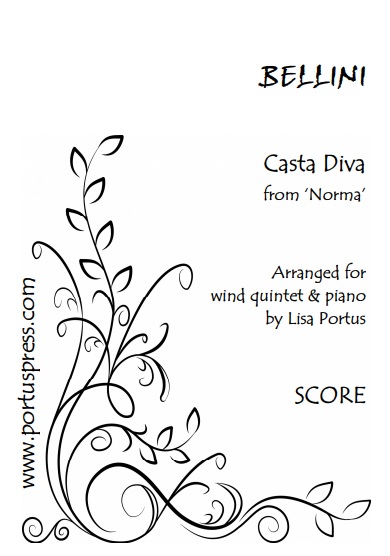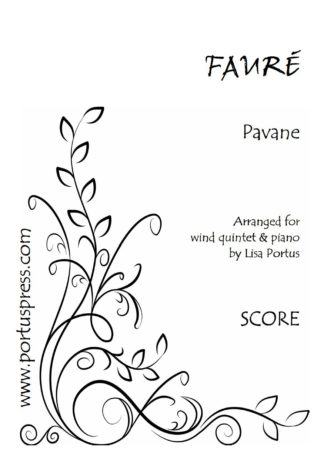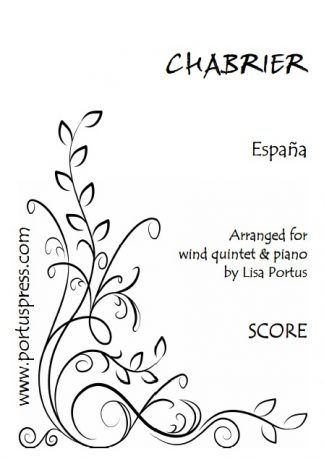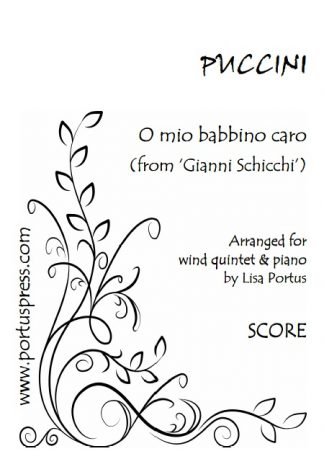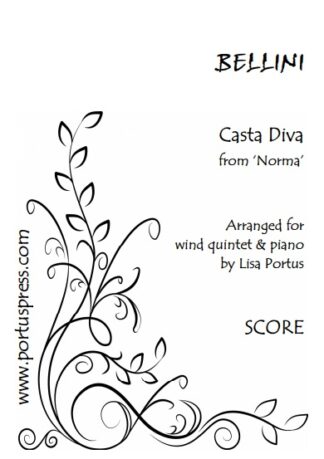Description
As the quintessential composer of the Italian bel canto era of the early 19th century Bellini (1801-35) was particularly known for his long-flowing melodic lines and much admired by his contemporaries, including Verdi, Wagner, Chopin, and Liszt. His most famous opera, Norma, was written in 1831 whilst he was staying in Blevio on Lake Como as a guest of soprano Giuditta Pasta. Pasta would take on the titular role for the opera’s première at La Scala, Milan on Boxing Day, 1831.
Norma is set in Gaul, an ancient region of Western Europe, in the year 50 BCE. The Gallian army are keen to lead a rebellion against occupying Roman forces, however, they must wait for a signal from Norma, their high priestess, before attacking. A group of Druids plead with Norma to declare war on Rome. However, Norma (who secretly has a Roman lover) convinces them that war is not necessary, and that, if they are patient, the Romans will fall by their own doing. Norma then sings a prayer to the moon goddess begging for peace.
That prayer – Casta Diva (Chaste Goddess) – is one of the most beautiful arias in all operatic literature. In this arrangement for wind quintet and piano the piano provides a gentle accompaniment to the five solo wind lines.

